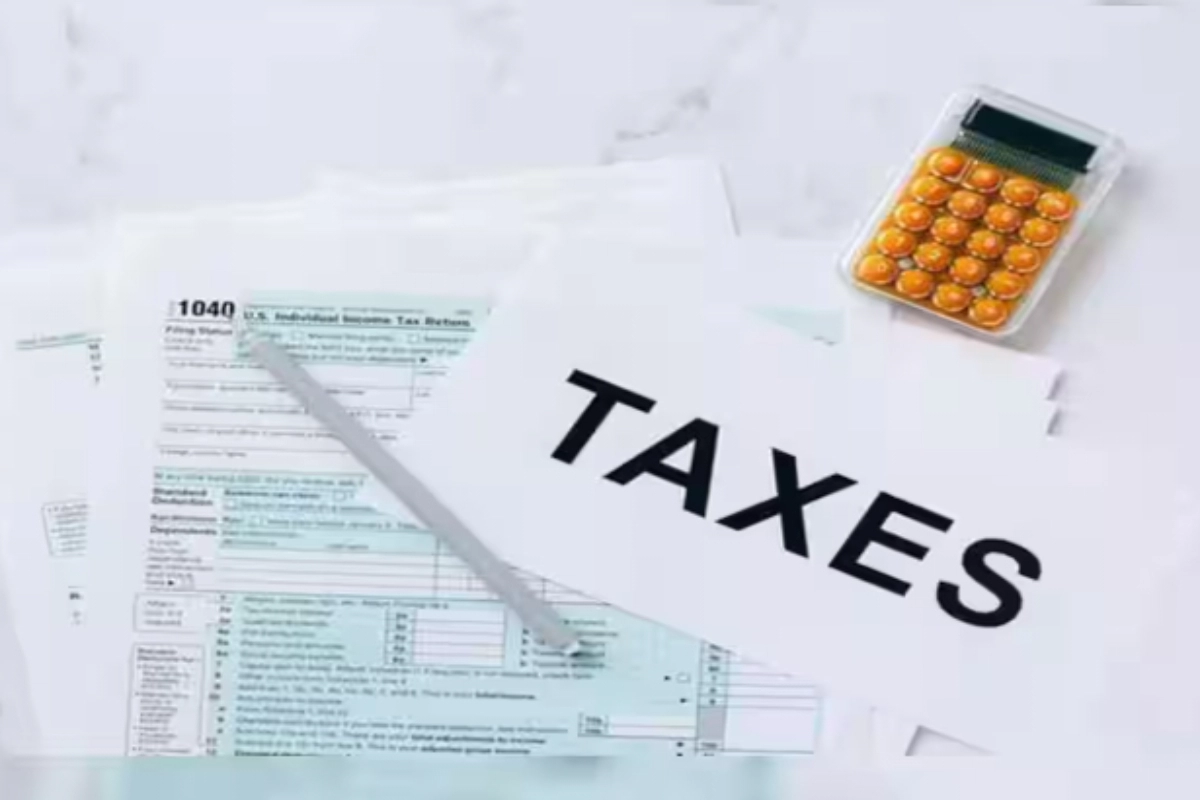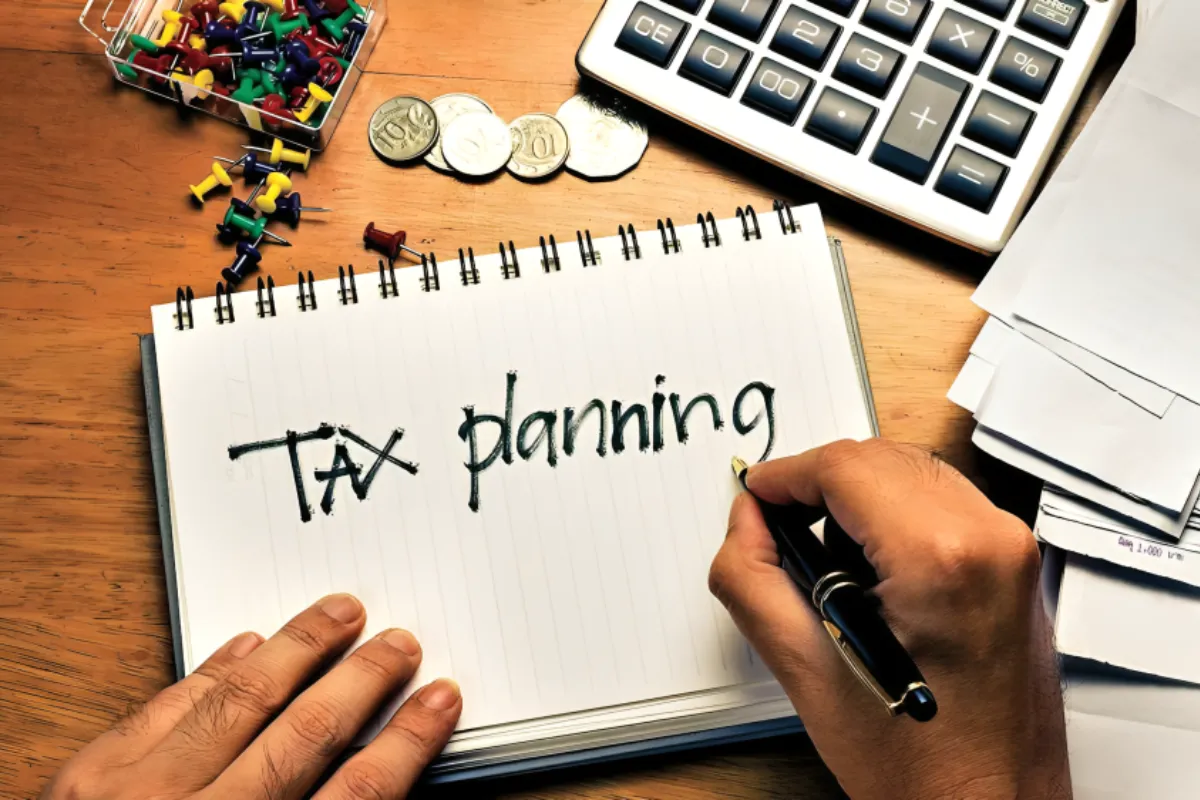Income Tax News: This is the time of year when the majority of taxpayers begin searching for different investment possibilities in order to save as much tax as possible, provided they haven’t already depleted their tax-saving investment cap. For those on salaries, this is your final chance to save taxes for the current fiscal year because they must provide their HR department with confirmation of their investments. If not, taxes will begin to be withheld from their pay.
Tax Assessment Dilemma
However, it is advisable to assess your tax liabilities under both the old and the new tax regimes before deciding how much and where to spend in order to save taxes during the current year 2024. Should the new tax regime prove advantageous to you, you won’t need to invest because the new tax regime excludes deductions under Sections 80C and 80CCD.
Choosing the Old Tax Regime for Strategic Investments
Proceed with the old tax regime if, after considering the necessary investments, you find it to be advantageous. It is never a good idea to purchase life insurance only to save money on taxes; instead, you should have enough life insurance to protect your loved one in the event of an emergency.
Steady Returns, Minimal Risk
Any product that offers a set rate of return for the duration of the investment, such as tax-saving fixed deposits (FDs), the Senior Citizen Savings Scheme (SCSS), and the National Savings Certificate (NSC), is suitable for those who are unwilling to take any risk. Financial experts claim that long-term FDs, PPF, NSC, and other tax-saving investments are essential for reducing tax obligations. But it’s a good idea to widen your perspective and look into opportunities that support the creation of wealth generally.
Section 80C Insights
“Section 80C of the Income Tax Act provides various tax-saving investment options, allowing deductions of up to Rs 1.5 lakh annually. While ELSS offers tax benefits under Section 80C, equity investments, in general, harbor potential for substantial wealth accumulation in the long run. NPS not only presents tax advantages but also serves as a tool for long-term retirement planning. Balancing equity and debt funds within NPS can align with both tax-saving goals and wealth augmentation,” informs Adhil Shetty, CEO, Bankbazaar.com.
Tax Deductions for Health Insurance and Family Expenses
Payments made for parents, family members, or health insurance are deductible from taxes under Section 80D. Similarly, life insurance provides tax benefits under Section 80C in addition to financial security. “Home loan repayments aid in tax savings as interest payments on housing loans qualify for deductions under Section 24 and Section 80C. However, cautious evaluation of factors like location, market trends, legal aspects, and liquidity is essential when delving into real estate investments,” says Shetty.
ELSS and SIPs
Choosing mutual fund SIPs (Systematic Investment Plans) allows for frequent little investments and provides a disciplined approach to investing. SIPs in ELSS funds promote long-term asset growth in addition to tax benefits.
Keep watching our YouTube Channel ‘DNP INDIA’. Also, please subscribe and follow us on FACEBOOK, INSTAGRAM, and TWITTER











